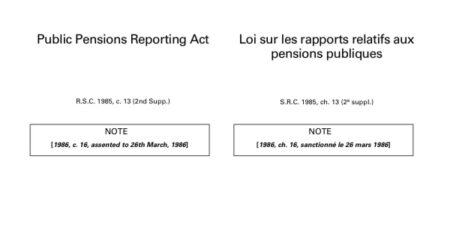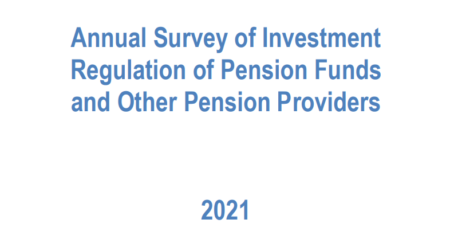Pension Risk and Risk Based Supervision in Defined Contribution Pension Funds
By Rodolph Heinz and Randle Tony
The main goal of any pension system is to ensure that members receive an adequate pension income when they retire. Whilst traditional defined benefit (DB) pension plans set out what that pension income will be in advance and then strive to deliver it, the growing number of defined contribution (DC) plans accumulates a sum of assets which can then be turned into a pension income on retirement. However, the amount of this retirement income is not set in advance. In the absence of a proper regulatory framework, feature n DC plans leads to a focus by not only pension providers, but also regulators and pension plan members themselves on the short-term accumulation of pension assets rather than the longer-term goal of securing an adequate retirement income. The paper is organized as follows: chapter two discusses the origins of risks based supervision and discusses the role of capital in the alignment of incentives in financial institutions. Chapter three discusses the concept of risk based supervision for pension funds, and its limitations in the case of DC pension schemes. Chapter four discusses the effectiveness of RBS schemes in DC systems in emerging economies, and the last section provides some lessons learned.
Full Content: The World Bank










